English at North Mead Primary Academy is an engaging and exciting subject in which pupils are exposed to a range of high quality novels, picture books and non-fiction texts. All English teaching across the school uses our bespoke book based curriculum to ensure that our children have regular opportunities to read and write across a range of text types and to ensure that they are developing a rich and varied vocabulary. This incorporates a range of strategies that enable our children to see writing as a means of expression and communication. A high standard of spoken language underpins all of our English teaching and we are constantly striving to develop our children’s speaking and listening skills.
In EYFS and KS1, the Read, Write, Inc Phonics program, alongside a book rich curriculum, is used to develop our children’s spoken, reading and writing skills. In KS2, children take part in a daily spelling and handwriting session. We are very proud of the fact that our children are exposed to a large range of superb novels and picture books during their time with us. Within English, children write across a range of text types including: narratives, explanations, descriptions, debates, reports and summaries. Purpose and audience is a key element of our teaching as well as the Alan Peat sentence continuum, which we use to support our children with sentence structure and to ensure that they become engaging and interesting writers.
Alongside our novel based curriculum, Accelerated Reader is used to ensure our pupils are reading appropriate books that challenge and engage them. Our mission at North Mead Primary is to ensure that we create a generation of life long readers!
Reading
Reading Intent
North Mead Primary Academy is situated in the Northfield area of Leicester. The school community we serve has a high level of deprivation (39% FSM 2023), a high proportion of children and families who speak English as an additional Language (79% EAL 2023) and a high mobility. We are proud of our school and the families we serve.
Research shows that reading for pleasure is more important for a child’s cognitive development than parents’ level of education and is a more powerful factor in life achievement than socio-economic background.1 At North Mead, we do not believe any barriers should hold our children back and strive to do whatever it takes to remove barriers to children’s enjoyment of reading.
Low levels of literacy cost the UK an estimated £80 billion a year in lost earnings and increased welfare spending, impacting on ‘the success of the economy as a whole.2 Adults with lower levels of literacy are more likely to believe that they have little impact on political processes.3
- 1. [Sullivan and Brown (2013) Social inequalities in cognitive scores at age 16: The role of reading]
- 2. [World Literacy Foundation (2018) The Economic and Social Cost of Illiteracyp. 1]
- 3. [OECD (2013) England & Northern Ireland (UK) – Country Note -Survey of Adult Skills first resultsp. 3]
At North Mead, we believe every child has the right to access their full potential. We strive to provide a broad and rich reading curriculum which will raise aspirations and provide cultural capital for our children and their families. We endeavour to ensure every child has a love of reading and every barrier to this is removed. We aim for every child to be a lifelong reader: able to enjoy and access learning and life, in and beyond the school curriculum.
Our reading intent forms part of our wider curriculum intent: We will provide all of our children with a broad, relevant and enriched curriculum so that they have the character to make a positive contribution to our society and are knowledgeable, skilled and ready for the next phase of their education.
Reading Journey
At North Mead, we consider each child individually as being on our reading journey. In the earliest stages of reading, children develop spoken language, learn text conventions, rhyme and listen to stories. They then use the Read Write Inc (RWI) systematic synthetic phonics (SSP) scheme to learn the 44 sounds in the English language and the associated phonological awareness. After passing the Year 1 Phonics screening, children read carefully matched books. Teachers use Accelerated Reader (AR) to help select finely matched books for children who progress through ZPD levels (Zone of Proximal Development). Where children fall behind on this journey, or are new to the journey (for example new arrivals with limited or no English), they are assessed, and the most appropriate teaching is put in place to enable progress.
‘Stage not Age.’
We view a child’s reading journey as being about their ‘Stage not Age.’ Children at North Mead work their way through the RWI ditty books which are finely matched to their most recent RWI phonics assessment and class teaching. When children pass the Year One Phonics Check, they begin to read books from the North Mead library which are organised according to ZPD levels.
RWI and Early Reading

Read Write Inc. is a government backed phonics scheme designed by Ruth Miskin, which through systematic teaching and consistent routines, enables children to achieve high levels of reading success. At North Mead Primary Academy we believe that reading is the key to all learning and we are fully committed to making sure that every child is a reader by the end of KS1.
Book Led Curriculum
Books are at the heart of our curriculum from Nursery to Year 6. We use a book led curriculum in which a wide and broad range of high quality, well researched and carefully chosen books are the stimulus for each subject. Our chosen books have been selected to ensure appropriate challenge and progression across the school, to foster a love of reading and to represent a diverse range of authors, characters and experiences to enrich cultural capital.
Reading is not limited to a child’s reading journey or the book led curriculum. Children at North Mead read across the curriculum for purpose in every subject; from historical sources in history lessons to fact files in geography.
Whole Class Reading
At the appropriate stage of their reading journey, children at North Mead Primary Academy take part in a one hour reading comprehension lesson per week. This is in addition to their own personal reading journey, reading books and the book led curriculum. The goal of reading comprehension lessons is for children to complete activities independently when faced with an unfamiliar text. Teachers focus on a specific, taught reading comprehension skill during the sessions for example: understanding vocabulary in context and use the VIPERS skills to do this. This may be with individual children, a small group or whole class depending on teacher assessment of children’s needs. The specific work that children complete depends on their stage in the reading journey:
VIPERS
VIPERS is a framework which teachers at North Mead Primary Academy use teach reading comprehension and question children in reading sessions across the curriculum. It is used to promote active reading. VIPERS is an acronym for: Vocabulary, Inference, Predicting, Explaining, Retrieving and Summarising.
Accelerated Reader
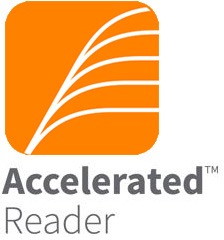 Accelerated Readers (AR) offers children a bank of quizzes on ‘real books’, and assessment tools for teachers. At North Mead, children who pass the Year 1 phonics check have access to an AR account and to our library which is organised into ZPD ranges (Zone of Proximal Development). AR helps teachers at North Mead manage and monitor children’s independent reading practice. Termly (or as needed), children take a STAR reading test. STAR reading is a computer-based reading assessment which uses computer-adaptive technology: a series of multiple-choice questions continually adjust to a child’s responses. If correct, the difficulty level is increased; if incorrect, the difficulty level is reduced. STAR reader assigns children a ZPD range.
Accelerated Readers (AR) offers children a bank of quizzes on ‘real books’, and assessment tools for teachers. At North Mead, children who pass the Year 1 phonics check have access to an AR account and to our library which is organised into ZPD ranges (Zone of Proximal Development). AR helps teachers at North Mead manage and monitor children’s independent reading practice. Termly (or as needed), children take a STAR reading test. STAR reading is a computer-based reading assessment which uses computer-adaptive technology: a series of multiple-choice questions continually adjust to a child’s responses. If correct, the difficulty level is increased; if incorrect, the difficulty level is reduced. STAR reader assigns children a ZPD range.
Children are guided by teachers to pick books from the library within their own ZPD range and read them at their own pace. When finished, children take a short quiz in Accelerated Reader. Passing the quiz is an indication that they have understood what has been read. AR gives both children and teachers feedback on quiz performance which the teacher then uses to help the child choose further books. Through teacher leadership, AR assists with the nurture of a love of reading: both as a hook to keep children interested and by making sure children access books they can enjoy. Children using AR have a free choice of the books they read, rather than having one assigned to them. This makes reading an enjoyable experience as children can choose books based on authors they like or subjects that interest them.
Children with access to AR are also able to access 5000+ ebooks through MyOn – AR’s online platform for ebooks.
Further, we believe in rewarding reading effort and progress. Children are rewarded according to words read measured in Accelerated Reader.
Total Words Read | Award |
50,000 words | 50,000 certificate extra Golden Time |
100,000 words | 100,000 certificate extra golden time |
250,000 words | 250,000 certificate extra golden time |
500,000 words | 500,000 club badge pizza delivery |
1 million words | 1,000,000 word badge book token |
Further multiples of million words read: | Additional 1,000,000 word badge book token |
Writing
Writing at North Mead is an engaging and exciting subject in which children are exposed to a range of high quality novels, picture books and non-fiction texts. All English teaching across the school uses our bespoke book-based curriculum to ensure that our children have regular opportunities to read and write across a range of text types and to ensure that they are developing a rich and varied vocabulary. This incorporates a range of strategies that enable our children to see writing as a means of expression and communication.
Our approach to the teaching of English is underpinned by an engaging curriculum which allows children of all abilities to develop the skills to become confident speakers and then transfer these skills into becoming confident writers over time.
As they develop, children are encouraged to see writing as a powerful means of self – expression, a creative form of communication and to write for a range of purposes. Children in time develop the stamina and skills to write at length, with increasingly accurate spelling and punctuation.
We explore different types of writing, such as; narratives, explanations, persuasion, descriptions, comparisons, summaries and evaluations. We aim to make writing fun, purposeful and stimulating for our children.
The books for each year group are:
- Nursery – Spot goes to School, Colour Monster, I likes bees, I don’t like Honey, Old McDonald had a Farm, Wheels on the Bus, 5 Little Men, Humpty Dumpty, Wind the Bobbin Up, Twinkle Twinkl Little Star, Snowman, Dogger, Where’s my Teddy, Paper Dolls, Car Car Truck Jeep, The Runaway Train, Oliver’s Vegetables, The Runaway Pea, The Very Hungry Caterpillar, Super Worm
- Reception– You Choose, Ruby’s Worry, Ravi’s Roar, The Body Book, Noah’s Ark, The Proudest Blue, Chapatti Moon, Oi Frog, Little Red Riding Hood, Jack and the Beanstalk, The Gingerbread Man, Astro Girl, We’re Going on a Bear Hunt, Duck in a Truck, The Lion Inside, Very Important Animals, Oi Frog, Pattan’s Pumpkin and Handa’s Surprise
- Year 1 – The Gruffalo, Peepo!, Rama and Sita, George Saves the World by Lunchtime, Hassan and Aneesa and Stanley’s Stick
- Year 2 – The Darkest Dark, Chopsticks, Festivals and Celebrations, The Baker’s Boy, Found and Macbeth
- Year 3 – Stone Age Boy, Escape from Pompeii, Our House is on Fire, Boudicca’s Army, Hindu Stories and The Iron Man
- Year 4 – The Butterfly Lion, Richard III, Azzi In Between, The Great Kapok Tree, Vaisakhi and The First King of England
- Year 5 – The Chocolate Tree, Illegal, One Plastic Bag, Percy Jackson, The Good Samaritan and Stormbreaker
- Year 6 – War Horse, Windrush Child, Badger’s Parting Gifts, The Red Kingdom, Planet Omar and Seasons of Splendour
Spellings
We follow the national curriculum spelling rules. Below are the weekly spellings for Y1-Y6.
Handwriting
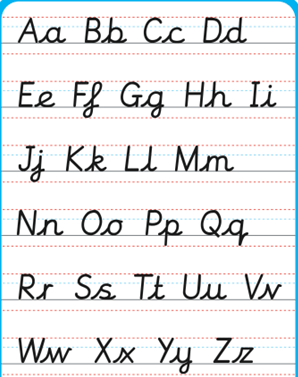
This year, Year 2- Year 6 will continue to learn continuous cursive handwriting – see above.
Reception and Year 1 will non-cursive handwriting – see below. This will then continue through the school and joined up handwriting will be introduced at the end of Year 1/beginning of Year 2.
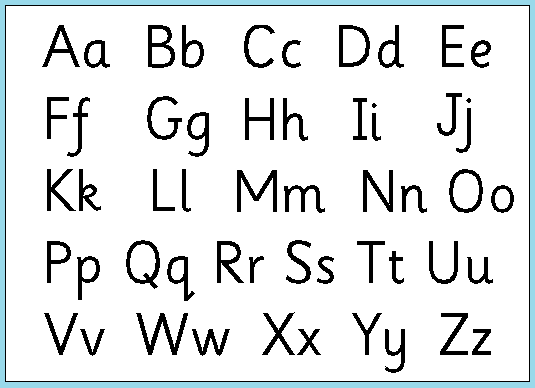
Grammar
In order to nurture and grow the ‘complete writer’, we want all our pupils to have a solid understanding of the elements of writing. They should be able to shape their compositions for the audience, context and purpose across a full range of genres. This will include an appreciation of how grammar, spelling and precise vocabulary choices will impact on their work. We firmly believe that all good writers need to have the capacity to reflect, edit and amend their work, which also helps to develop their writing stamina and a sense of ownership of their work. The positive attitudes that our pupils have developed towards writing has also been engendered by the clear progression in grammar skills and knowledge that we have established in our writing framework. This ensures that pupils can build on prior knowledge in order to develop not only as writers but as individuals who will become lifelong learners.
Year 1 Writing – Grammar overview
Year 2 Writing – Grammar overview
Year 3 Writing – Grammar Overview
Year 4 Writing – Grammar overview
Reading Leader – James Wharin

Writing Leader – Maria Taylor

Oracy Leader – Sandra Simpkin
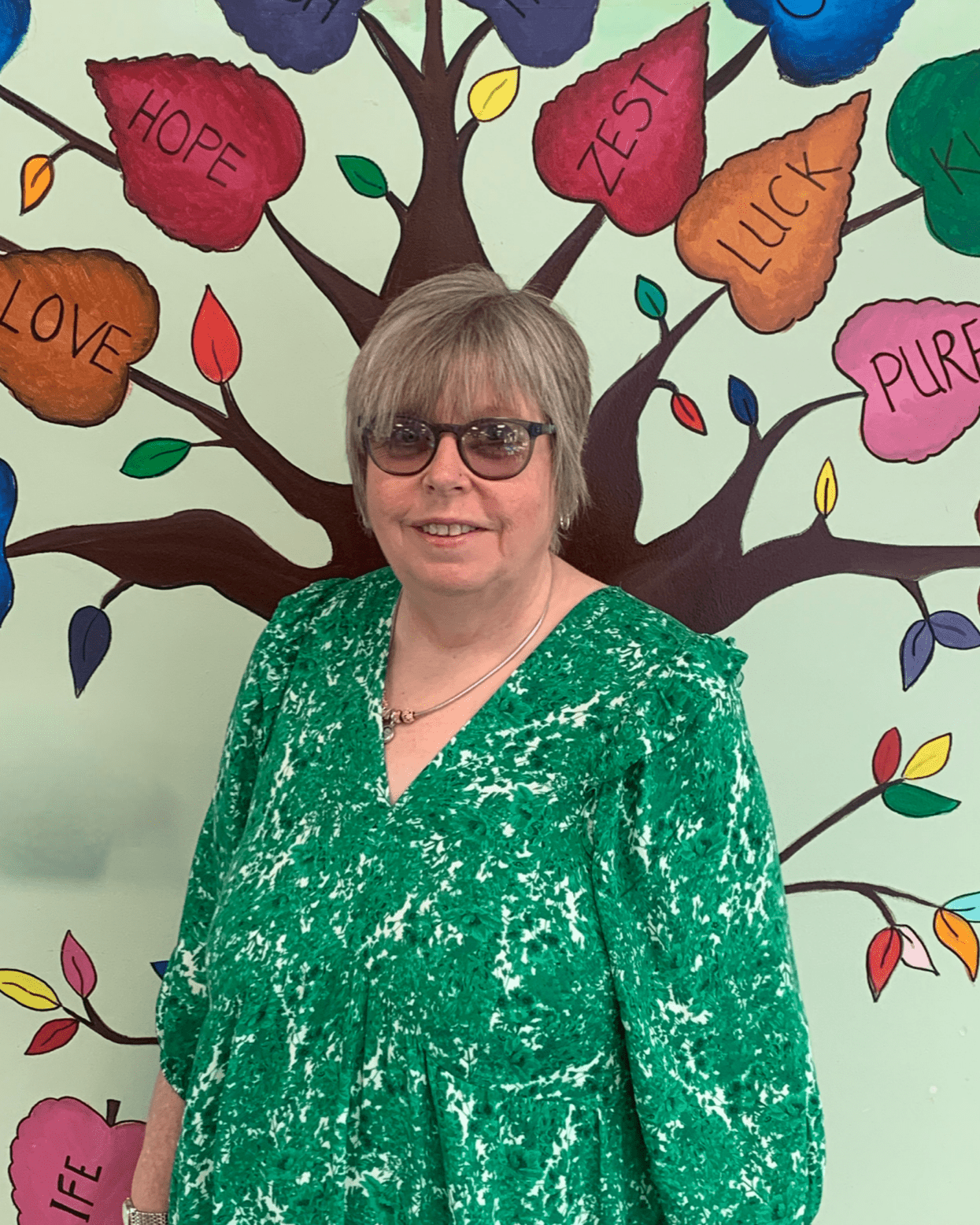
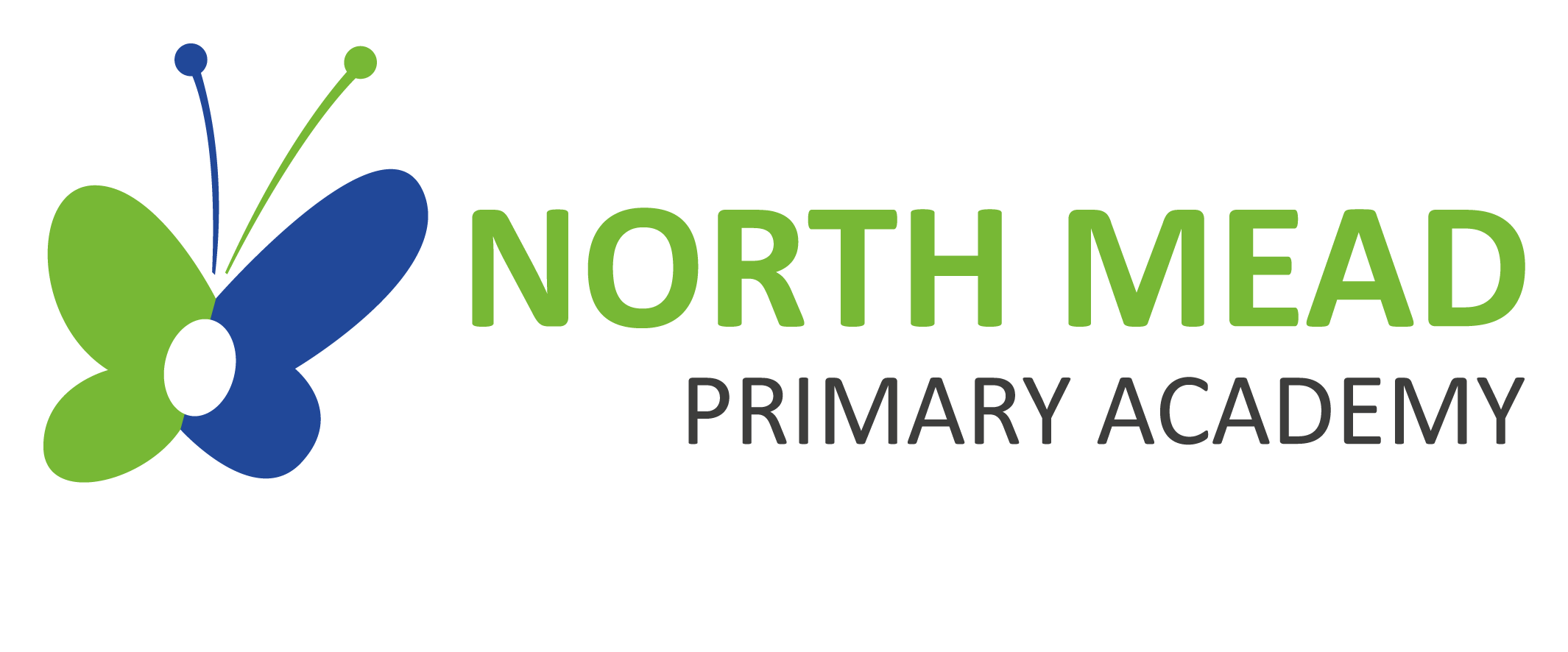
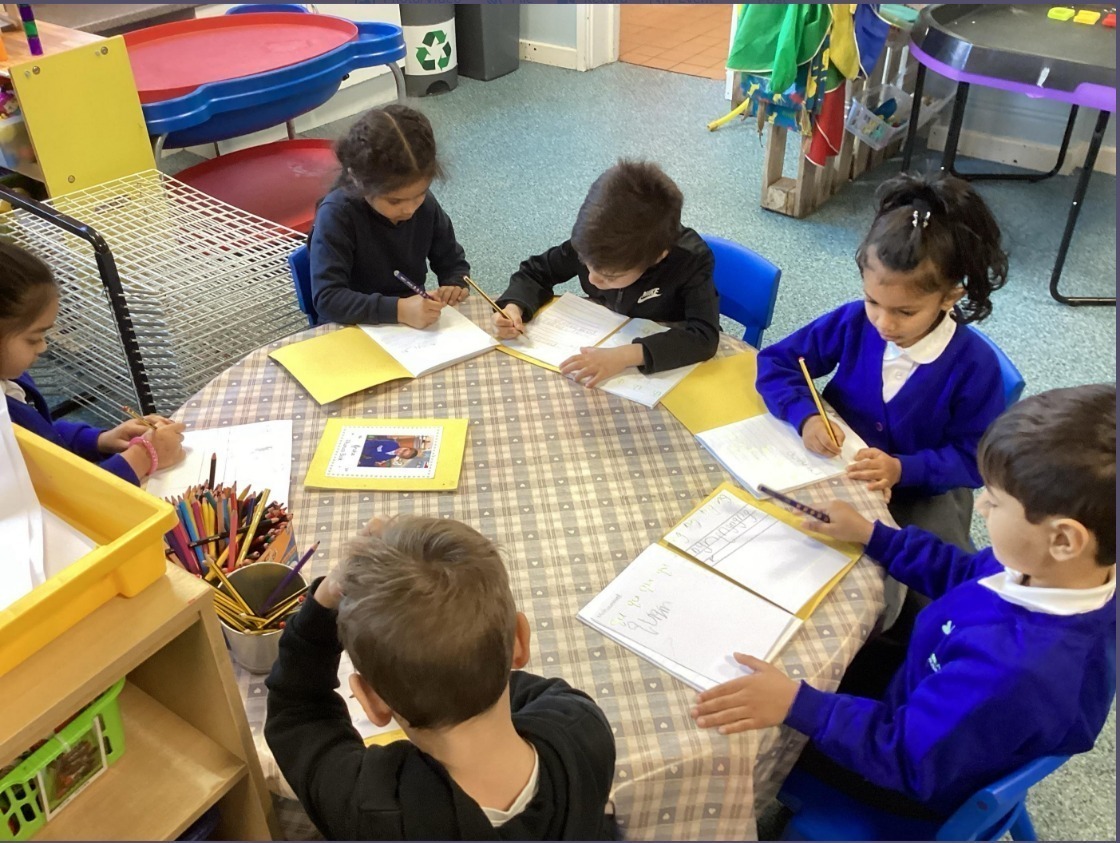
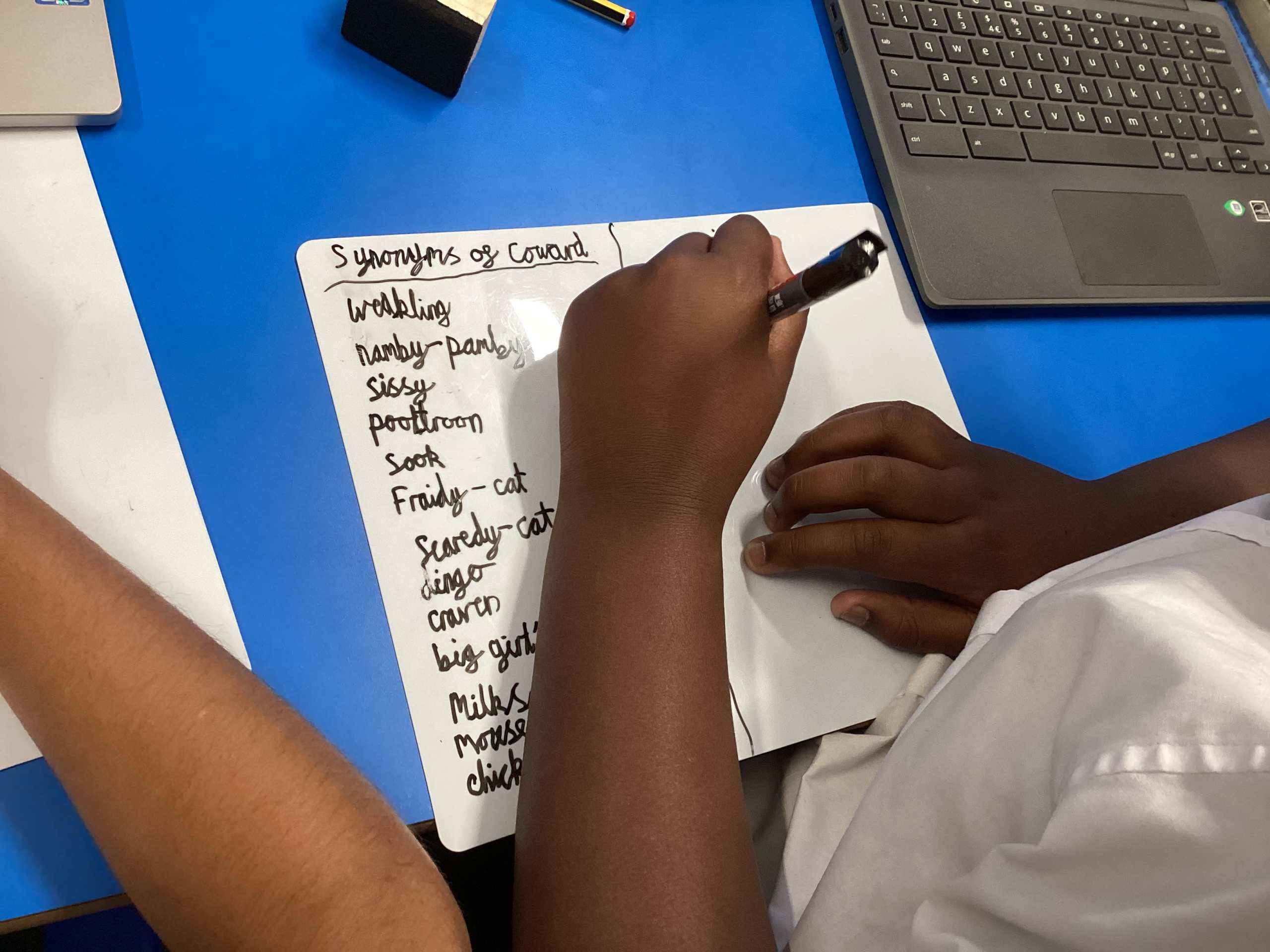
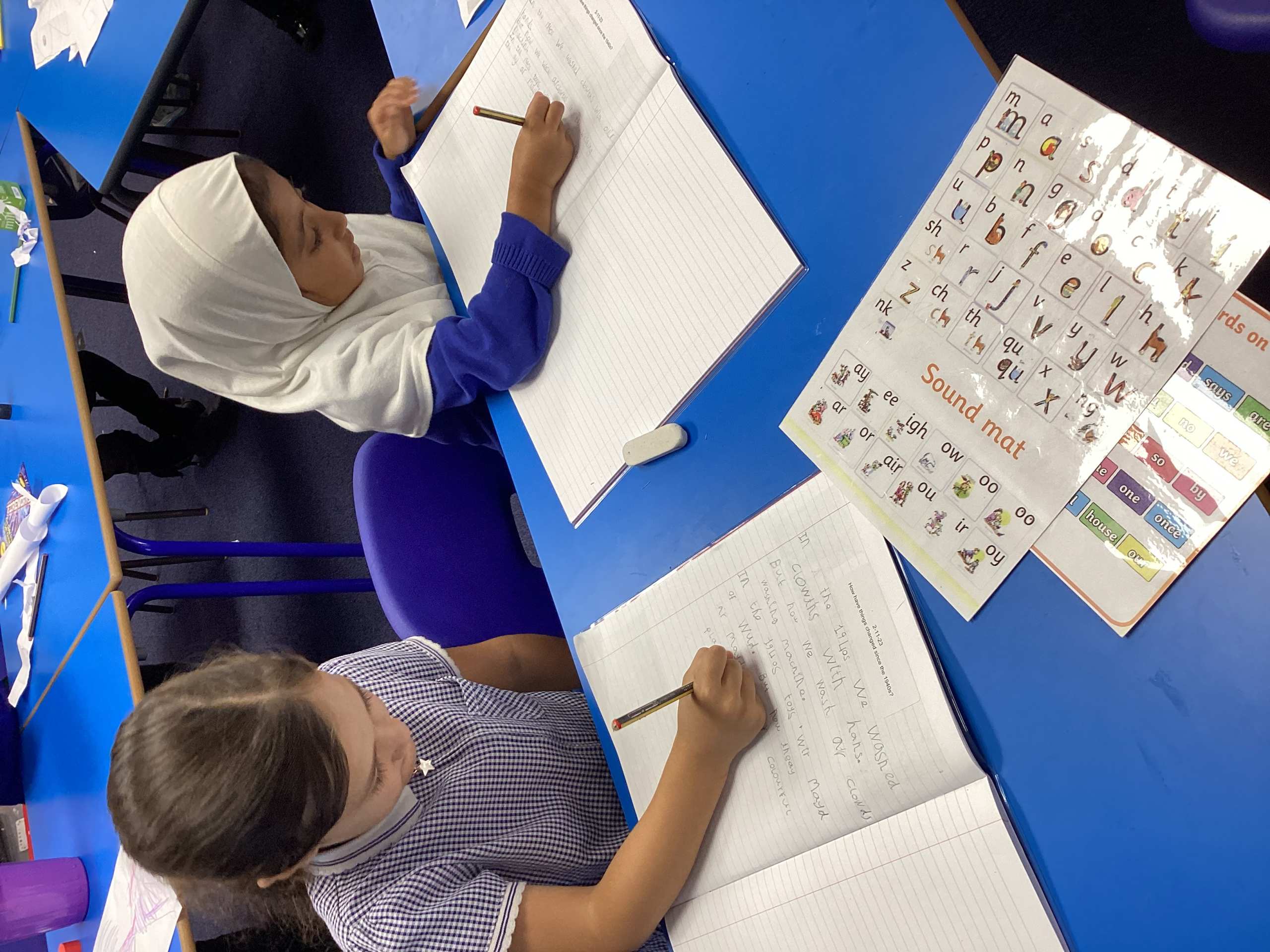
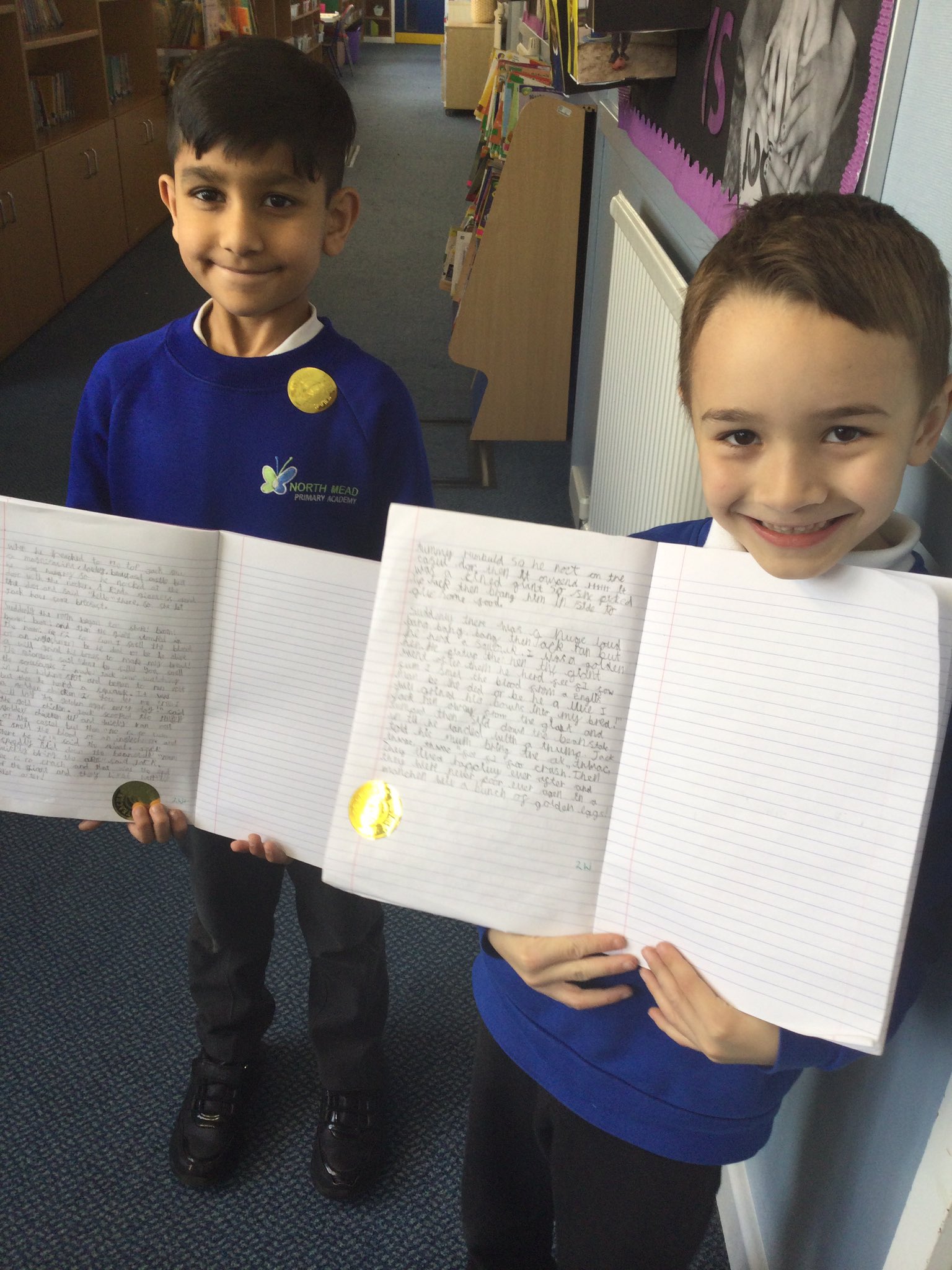
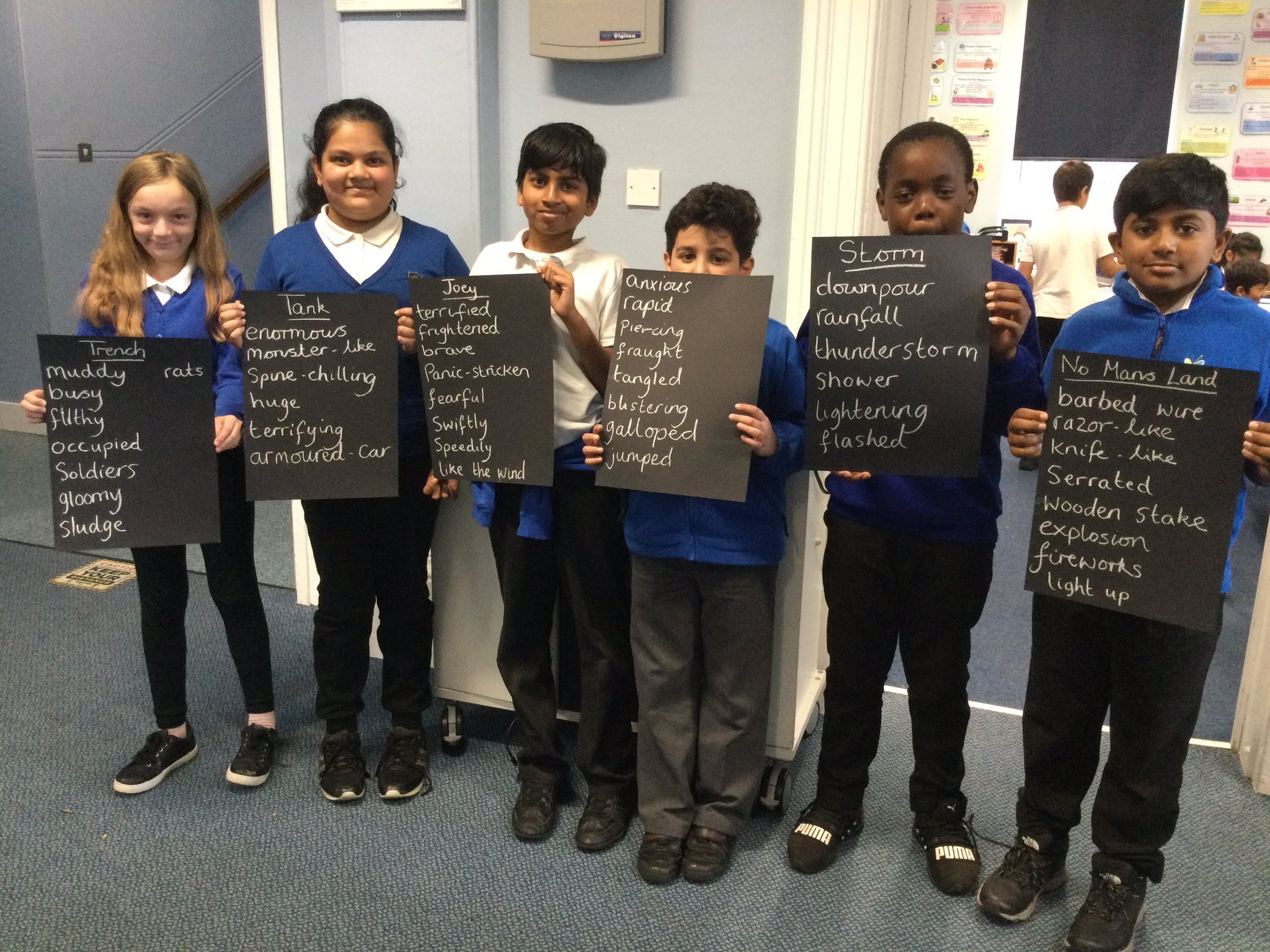




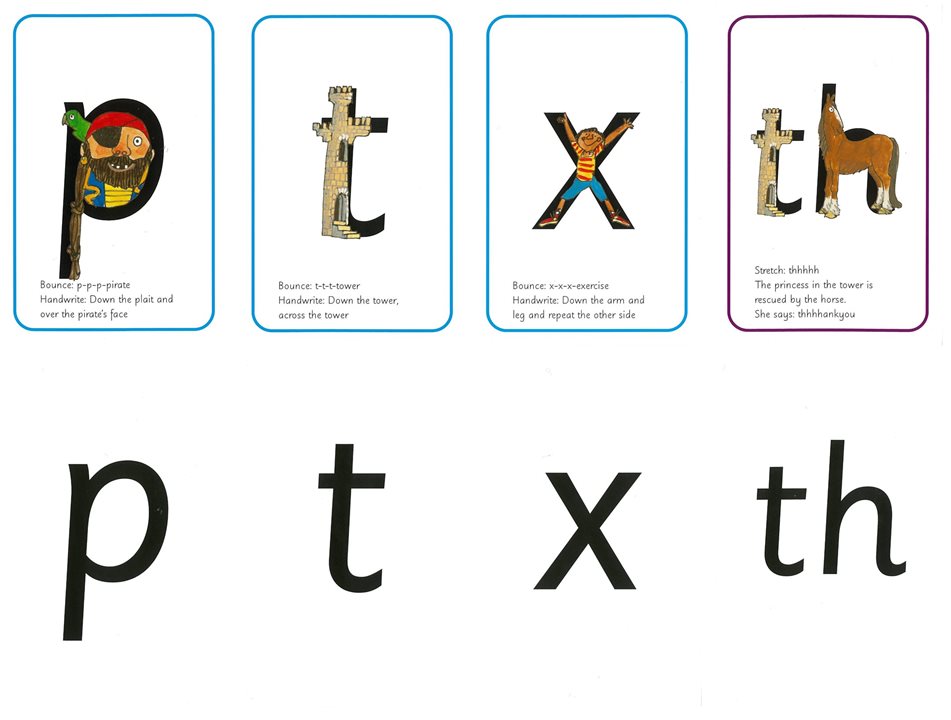 Children are taught the early sounds in Set 1. This covers the alphabet and a few ‘special friends’ which are two letters which make one sound such as ‘sh’. They will learn to spot and recognise them quickly through fun activities and also to write them using ‘phrases’ to help them remember the correct formation. Staff teach children ‘pure sounds’ which can be heard using
Children are taught the early sounds in Set 1. This covers the alphabet and a few ‘special friends’ which are two letters which make one sound such as ‘sh’. They will learn to spot and recognise them quickly through fun activities and also to write them using ‘phrases’ to help them remember the correct formation. Staff teach children ‘pure sounds’ which can be heard using 
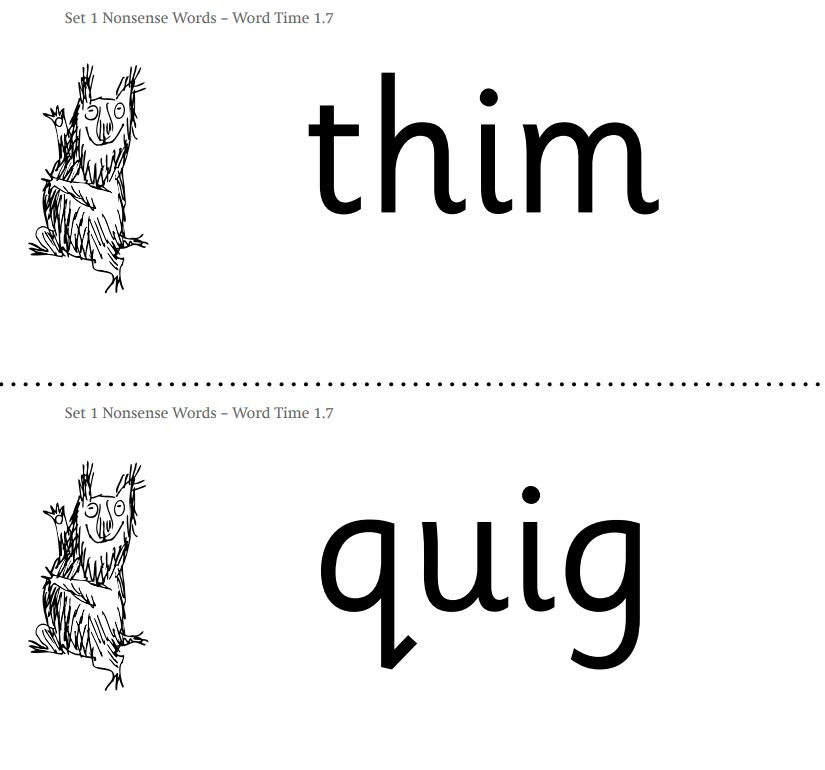
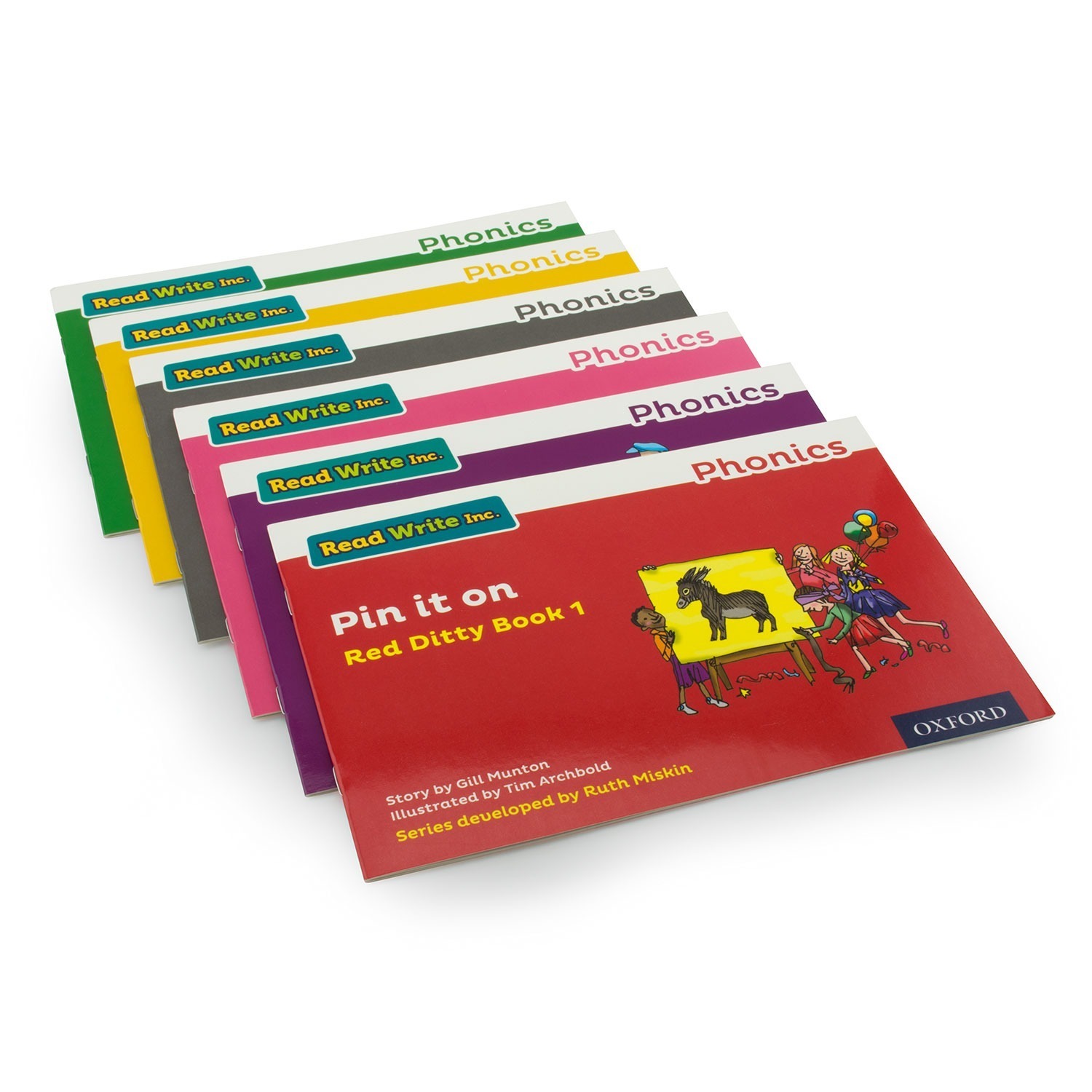
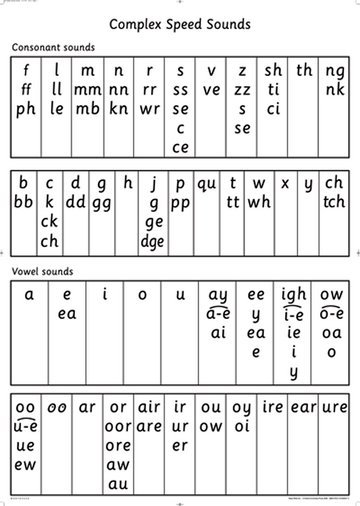
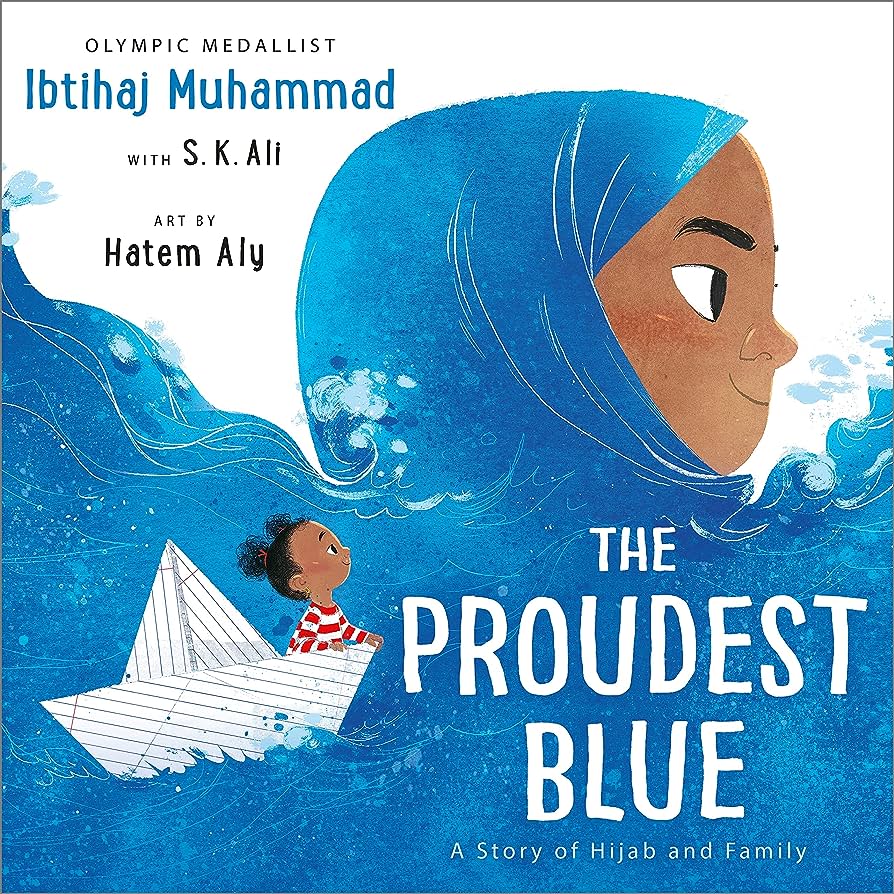 Whilst your child is learning their Set 1 sounds, we recommend you read ‘Reading for Pleasure’ books. These are books from school, or books that you may have at home, that children are interested in and have chosen to enjoy with you. They can look at the pictures and spot letters or sounds that they know to build confidence but most importantly they should hear you read the book with expression in order to absorb the rich language and vocabulary within in and learn to love story time.
Whilst your child is learning their Set 1 sounds, we recommend you read ‘Reading for Pleasure’ books. These are books from school, or books that you may have at home, that children are interested in and have chosen to enjoy with you. They can look at the pictures and spot letters or sounds that they know to build confidence but most importantly they should hear you read the book with expression in order to absorb the rich language and vocabulary within in and learn to love story time.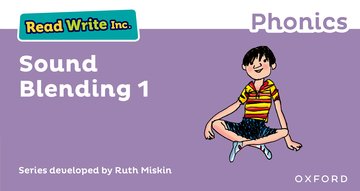
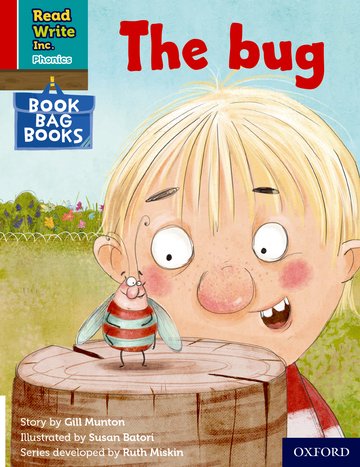
 These reading comprehension resources addresses the Programmes of Study for reading comprehension in the 2014 National Curriculum for England for primary schools. At North Mead, teachers know it is vital that children understand what they are reading yet, it is also fundamental that they enjoy what they are reading, so that they grow up to become lifelong readers. We chose these series as we know they provide children with a variety of engaging, enjoyable texts, including a range of text types, that will grab their attention and promote a love of reading.
These reading comprehension resources addresses the Programmes of Study for reading comprehension in the 2014 National Curriculum for England for primary schools. At North Mead, teachers know it is vital that children understand what they are reading yet, it is also fundamental that they enjoy what they are reading, so that they grow up to become lifelong readers. We chose these series as we know they provide children with a variety of engaging, enjoyable texts, including a range of text types, that will grab their attention and promote a love of reading.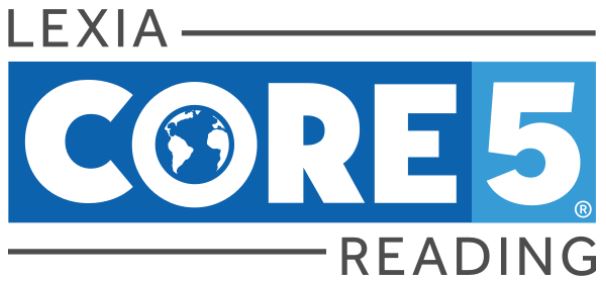 Lexia is a computer adaptive program which targeted children use to improve their reading ability.
Lexia is a computer adaptive program which targeted children use to improve their reading ability. 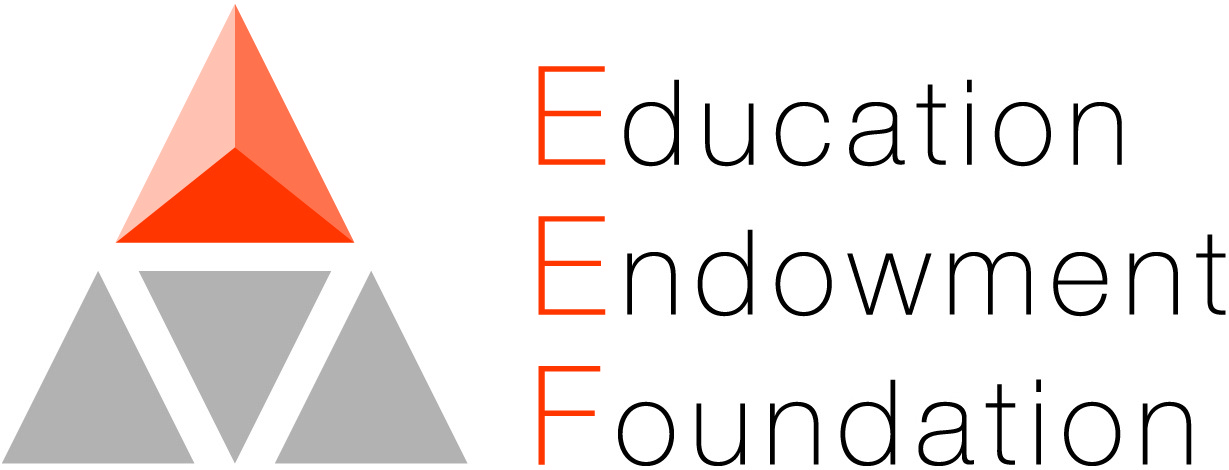 It is an Education Endowment Foundation (EEF) accredited program. Students use Lexia to work independently at their own pace through individualised learning paths to develop fundamental reading skills in a structured, sequential manner. At North Mead, teachers supervise initial assessments by the programme before allowing pupils to work on the intervention independently, a minimum of three times per week.
It is an Education Endowment Foundation (EEF) accredited program. Students use Lexia to work independently at their own pace through individualised learning paths to develop fundamental reading skills in a structured, sequential manner. At North Mead, teachers supervise initial assessments by the programme before allowing pupils to work on the intervention independently, a minimum of three times per week.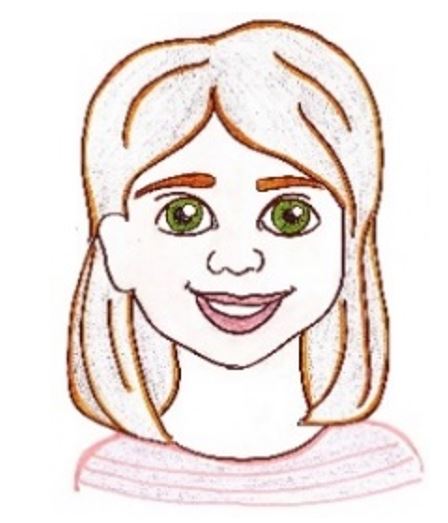 She is there to help you to work out the meaning of words you don’t know.
She is there to help you to work out the meaning of words you don’t know.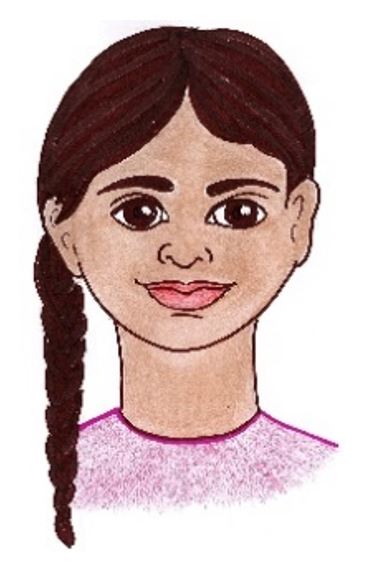 She is there to help you to pick up ideas from the text that are not always written in the text itself.
She is there to help you to pick up ideas from the text that are not always written in the text itself.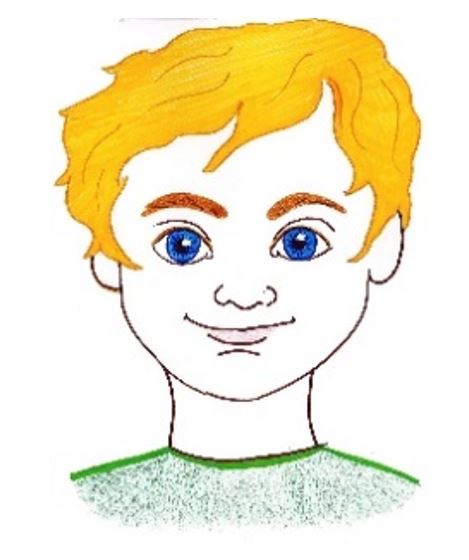 He is there to help you to try to make a logical and reasonable guess about what could happen next.
He is there to help you to try to make a logical and reasonable guess about what could happen next. He is there to help you to do two things:
He is there to help you to do two things: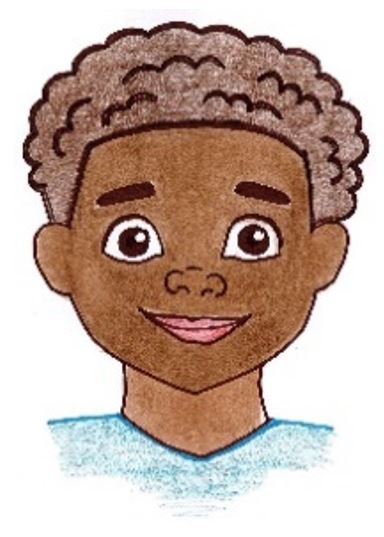 He is there to help you to find key pieces of information
He is there to help you to find key pieces of information 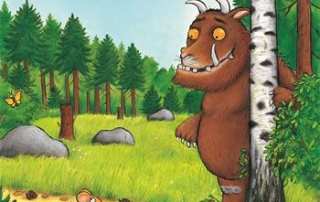
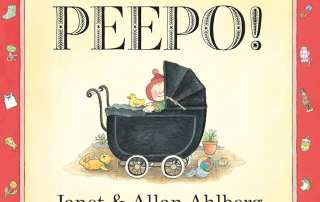

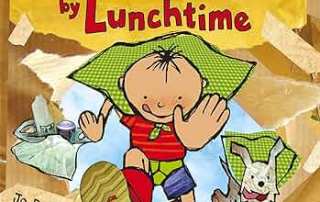

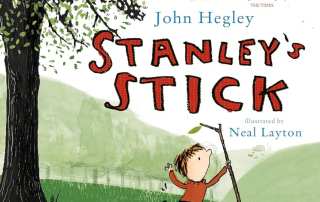
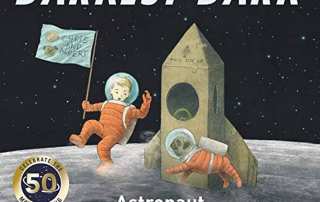

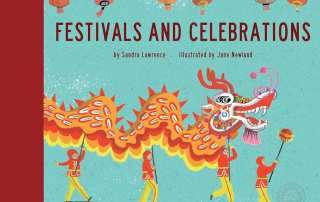
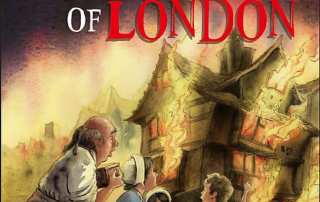

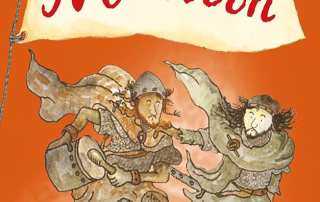


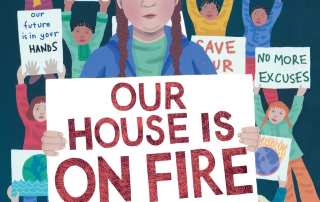
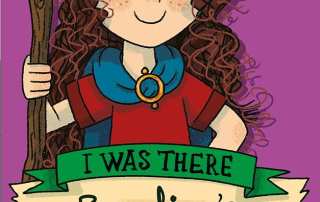

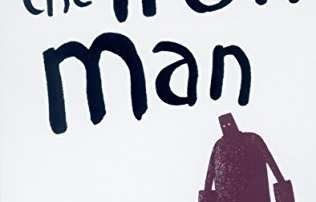
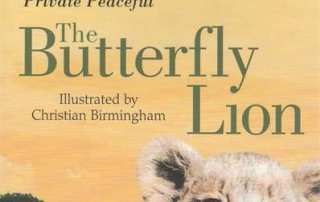
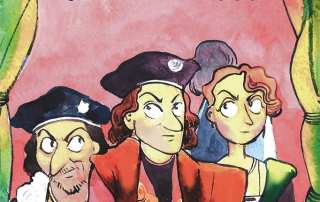
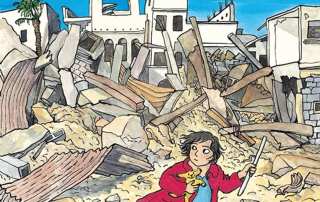
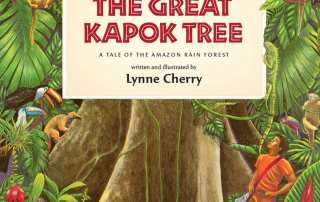
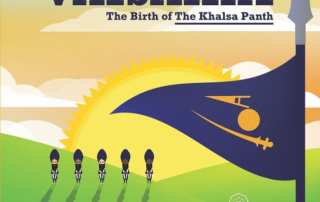
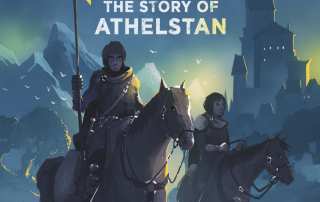
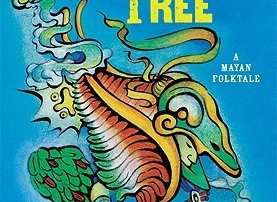
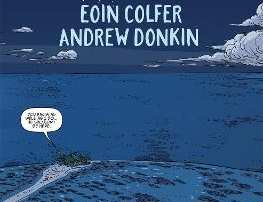
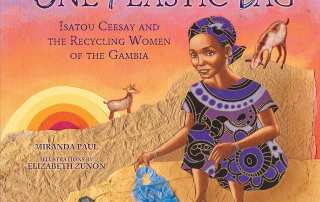
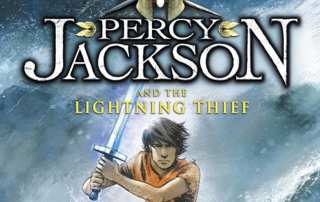
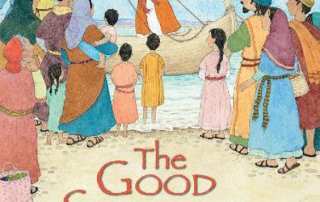


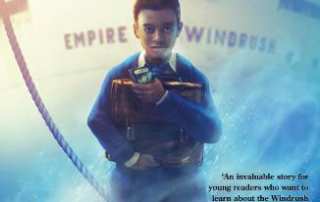
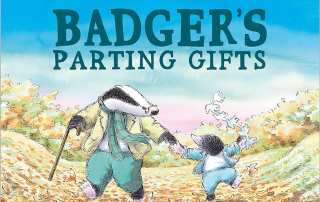
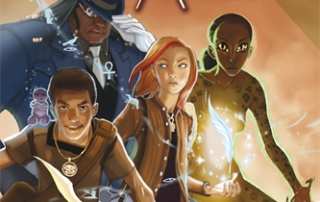
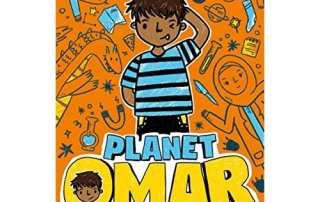
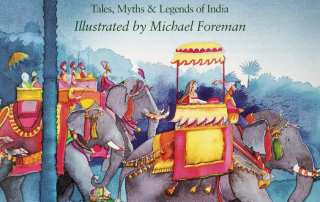


 Together We Make A Positive Difference
Together We Make A Positive Difference